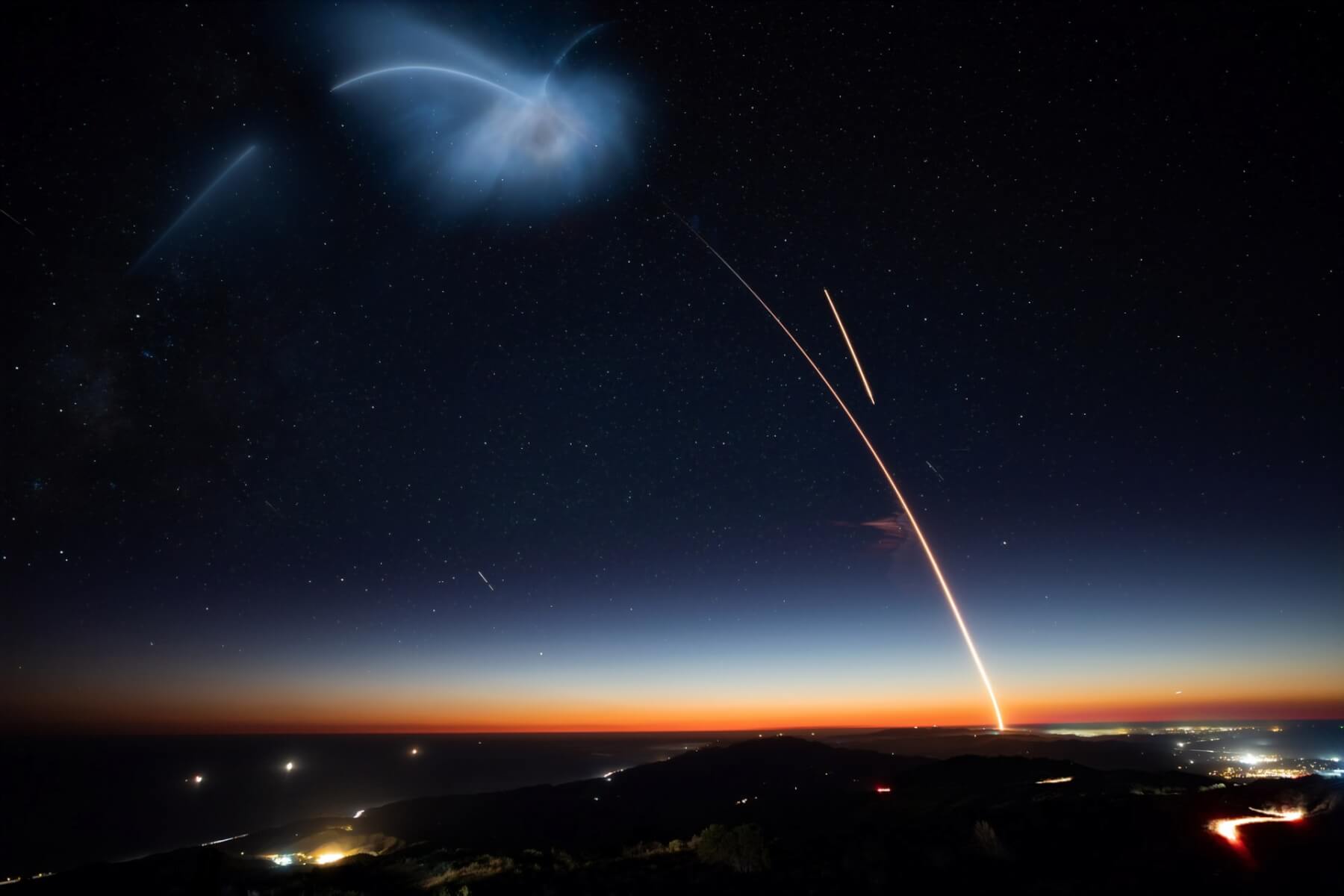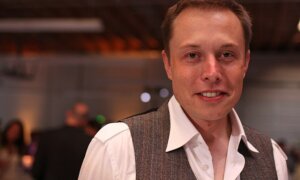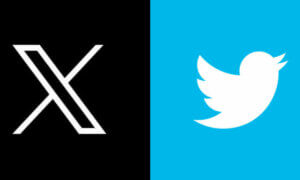Elon Musk’s Starlink new patent filings may have uncovered hidden plans for phone service and low-income web access, as the company is aligning to develop even farther than initial predictions indicated.
“Founded and created by SpaceX, Starlink Services will offer the world’s first high-speed, low-latency satellite internet service, coordinating the world’s largest fleet of operating satellites to deliver consistent service to the world’s most disconnected areas, including those in the United States,” SpaceX writes in a petition to the Federal Communications Commission (FCC).
The recent filing shows that Elon Musk’s SpaceX is planning to actively target people with lower income through its Starlink satellite internet constellation in order to offer U.S. customers a cheaper phone plan, emergency backup for voice calls as well as affordable internet access.
“Starlink Services will provide voice telephony services, including:
(a) voice-grade access to the public switched telephone network (‘PSTN’) or its functional equivalent;
(b) minutes of use for local service provided at no additional charge to end-users;
(c) access to emergency services; and (d) toll limitation services to qualifying low-income consumers in accordance with 47 CFR §§ 54.500, et seq,”
With this, Starlink Services will offer voice services on a standalone basis at rates that are reasonably comparable to urban rates.
However, the plan and its expanded services hinge on Starlink receiving a designation as an Eligible Telecommunications Carrier (ETC) under the Communications Act. Such an ETC designation is required in several US states so that the company could receive reimbursement from the Lifeline program for Low-Income Consumers which according to the FCC website, offers “a discount on phone service for qualifying low-income consumers to ensure that all Americans have the opportunities and security that phone service brings, including being able to connect to jobs, family and emergency services.”
“Starlink Services currently has no Lifeline customers because only carriers designated as an ETC can participate in the Lifeline program,” the company stated. That means that along with an ETC designation, SpaceX “will provide Lifeline to qualifying low-income consumers and publicize the availability of Lifeline service in a manner reasonably designed to reach those likely to qualify for the service.”
At the moment, Starlink’s public beta is limited to providing internet access, but the filing also contains the possibility of customers purchasing a 24-hour backup battery as an “option for user equipment that will provide the ability to make phone calls in the event of a power outage.”
Follow TechTheLead on Google News to get the news first.

























